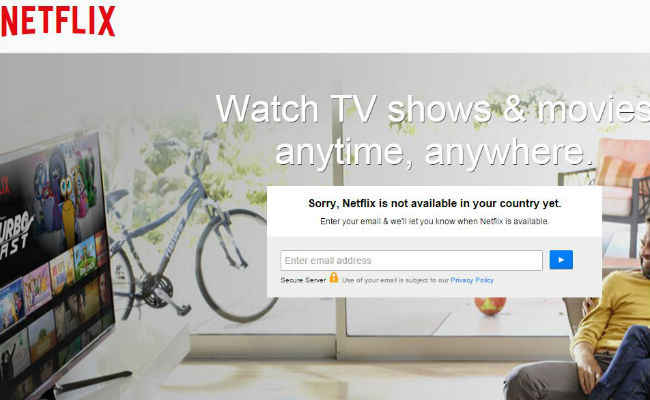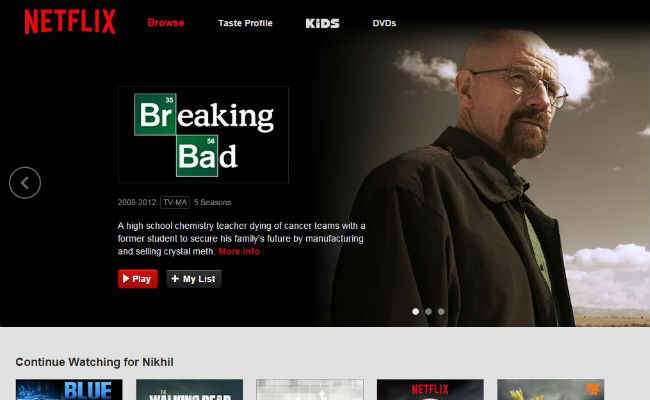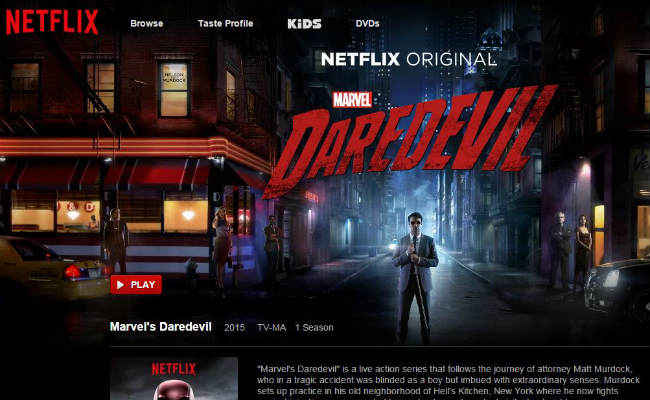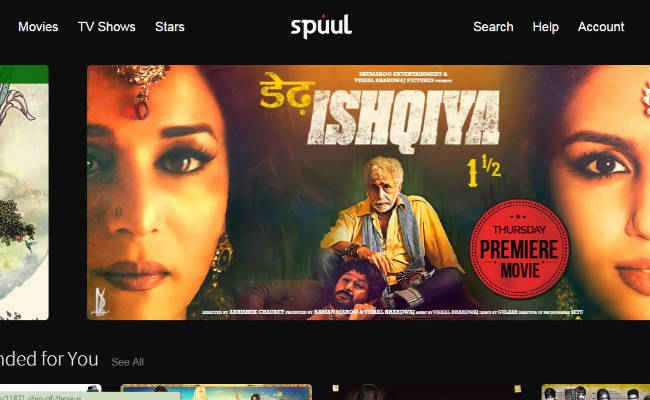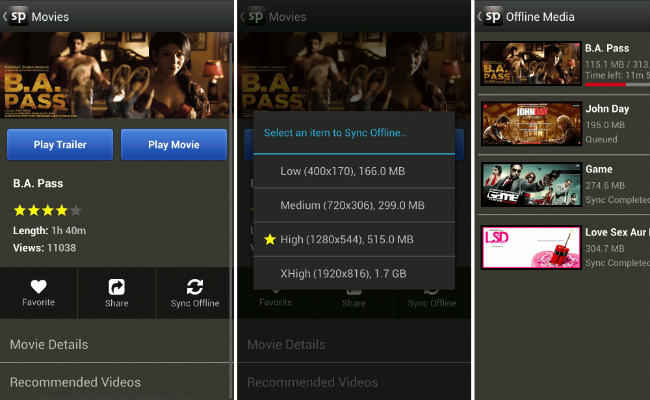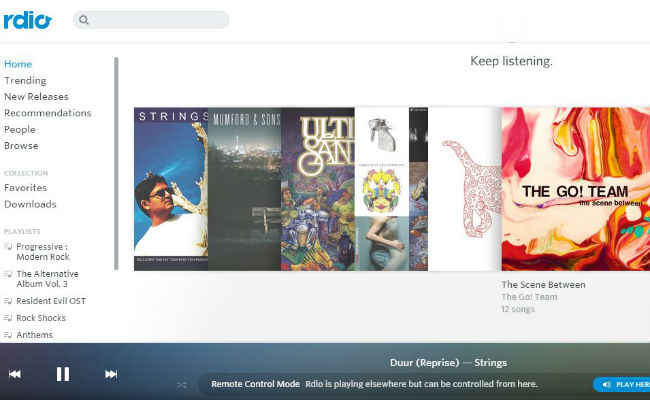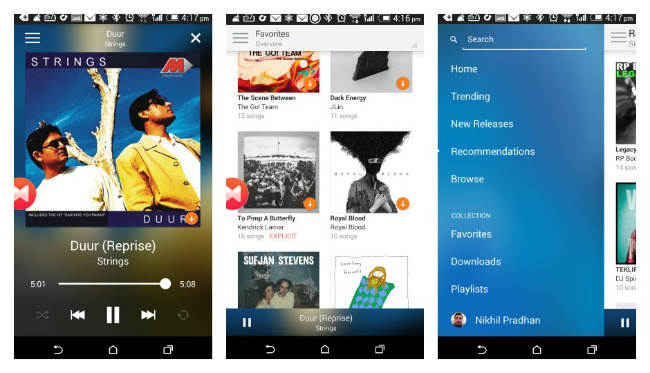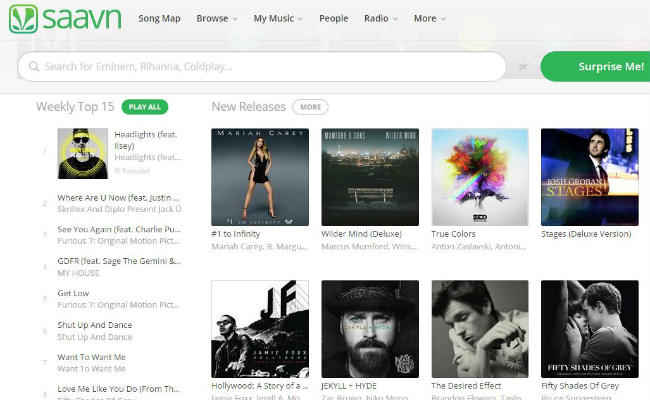Pirate No More: How to legally get movies & music for cheap online
Thinking about going legal? Want to stop pirating music and movies? These are the easiest and cheapest ways to go legit.

Piracy is not an alien concept in India. In fact, it is widely accepted as acceptable behaviour by society, if not the law. One of the prime reasons is that even though over the last two decades technology has proliferated every facet of our lives giving us multiple devices to enjoy content on, we still face issues like availability, insane pricing, inconsistent quality of Internet service etc. In comparison, it’s easier to just head on over to your favourite torrent site and queue things for download.
 Survey
SurveyHowever, over the past two or so years, multiple services have popped up that make it easier, simpler and more affordable to just go legit and not worry about all the hazards that piracy brings. In fact, some of these services are so good and tuned towards the needs of the Indian consumer that they make piracy redundant. Some of these services that I’ll talk about haven’t been officially launched in India but still do a great job of letting you access content that you wouldn’t have been able to otherwise.
Going Legal: Movies & TV shows
Movies and TV shows are probably the most popular type of content when it comes to piracy. A lot of times Indian TV channels are themselves to blame because of the awful gap between when episodes are aired in the U.S./U.K. and when they’re aired here. Another ridiculous thing that’s becoming more and more common here is the stupid amount of censorship on TV which destroys any semblance of enjoyment that you can get from a show. With respect to movies, while most blockbusters get launched here, many interesting, smaller movies don’t and you might as well forget about most R-rated movies.
A censored scene from Seinfeld on FX India
Image courtesy @invokeanand
If you’re a fan of international movies and TV shows and want to stream them rather than buy them outright, Netflix is for you. You’ll also like Netflix if you are more comfortable with the idea of paying a fixed rental every month and getting access to the entire library of movies and TV shows instead of buying or renting movies one by one. Of course, Netflix hasn’t been launched in India and if you try to access the website normally, you’ll get an error message like this one:
To access Netflix in India, you’ll need to use a VPN connection which sounds more intimidating than it actually is. I’ve already written about how you can do so, and once you have your Netflix account up and running, you’ll be able to enjoy movies like The Wolf of Wall Street and TV shows like Breaking Bad.
After a month long free trial, Netflix will cost you $8.99 (Rs. 550 approx.) every month, which will be charged automatically to your credit card. While that amount is higher than what you pay on average for a DTH connection, Netflix also gives you much more. You can watch any show at any time and the in-browser player will always remember what part of which episode you last watched. Netflix also has a robust built-in recommendation service that understands your watching habits and tastes and suggests movies and TV shows. The Netflix player is also intelligent in the way it uses your broadband and automatically improves or reduces video quality based on your Internet connection. As a result, you will rarely be stuck watching a progress bar buffering as you often do in other video streaming services.
Netflix has a couple of drawbacks as well. The biggest one that applies to Indian users is the fact that Netflix hasn’t been officially launched in India. Even though you can access it through VPN, the legality of that is often a point of debate. Also, if your favourite VPN service uses PPTP or L2TP protocols, then your ISP can block it. Another drawback is that Netflix’s library of new movies isn’t all that great and you may find some movies that are only available to rent on DVD (not feasible for Indian users). Netflix also doesn’t have access to HBO content, so if you want to watch Game of Thrones, you’ll have to look elsewhere.
Overall though, Netflix is the best current option for fans of international movies and TV shows, and is relatively inexpensive.
If you don’t care much about Netflix’s library and want a more homegrown option, then you should look at Spuul. Spuul is an overall better option than other competing streaming options because of its library of free and paid movies, simple interface and affordable pricing plans. If you like to watch plenty of Indian movies and want to access them on your phone, tablet and PC, Spuul lets you do that without any issues. You also get to download movies to your mobile devices using the app while you can stream the movies on both your mobile devices and your PC’s browser.
Spuul charges Rs. 300 for a month long subscription and Rs. 3,000 for a year long one after which you get to access its library of premium movies. However, one great thing about Spuul is that it also has a sizeable library of free movies including some pretty new titles like Ankhon Dekhi, Ship of Theseus and B.A. Pass.
The biggest issue I had with Spuul was that apart from a few filters, there’s not many ways to navigate the library. Also, unlike Netflix, Spuul doesn’t have any curated sections, at least none that I’ve come across so far. With so many movies in its library, Spuul should quickly plug in a recommendation/curation service. Spuul also compares unfavourably to BigFlix when it comes to the number of non-Bollywood Indian movies which may turn off prospective users.
There are a bunch of other sources from which you can legally buy, rent or stream movies. Websites and apps like Google Play Movies, Bigflix and Hotstar also have libraries you can browse through and search for the movies you’d like to watch.
Going Legal: Music
If movie studios have been hit hard by piracy, then music labels have been ravaged, flayed, boiled in oil and left to die in the desert. Yes, most music piracy is engendered by the fact that it’s so easy to pirate music. You can search for the name of any song along with an ‘MP3’ tag on Google and chances are you’ll come across a source to download the song for free. Pirating music is also easy because individual songs are small in size and even downloading an album over a 2Mbps connection barely takes more than 10 or 15 minutes.
A lot of the blame for music piracy can be scooped up and dumped over the heads of music labels. Even when there are a multitude of ways through which music can be consumed, labels have stuck to their guns in terms of ridiculous pricing. Also, unless you happen to be a big Taylor Swift or Beyonce fan in India, you will face the problem of delayed international launches and, in many cases, you just won’t find an album you want, available for a reasonable price.
As with movies, streaming has emerged as a medium which makes it easy for consumers to go legal. Rdio is a big name in the global music streaming market and it launched its services in India earlier this year, immediately becoming the best repository of international music available in the country. I have been using Rdio for over two weeks now, and have been so impressed that I’ve signed up for its monthly subscription plan that costs me just Rs. 119 a month. If you’ve been waiting for Spotify to launch its services in India, then I’d suggest you try out Rdio because of its vast library of international music that ranges from classic artists like Black Sabbath to new ones like Kendrick Lamar. I was thrilled to find even lesser known artists like Shiner and The Concretes and their entire discographies available for streaming.
Rdio is available as both a mobile/tablet app and a web player and once you’ve signed up for a premium account, you can either download an unlimited amount of music to your phone in whatever bitrate you want (ranging from 64 to 320kbps), stream music over the Internet or do both. Rdio allows you to stream music for free as well but you have to deal with certain restrictions like ads and the ability to only play artist stations and not a particular album.
Rdio is great for you if you don’t want to deal with manually organising your music and want immediate 24×7 access to whatever music you want. However, if you want the ability to download songs on your PC and organize your music yourself, then you’ll find Rdio lacking. One thing you must keep in mind is that signing up with a streaming service doesn’t mean that you own the content you download. Therefore, if you ever unsubscribe from the service, you will lose any content you’ve downloaded. Another drawback of Rdio is that even though it has tried its best to assemble a sizeable library of Indian music, it doesn’t match up to the one that Saavn has.
Yes, if you’re a fan of music from Indian artists and Bollywood soundtracks, then Saavn is the service you should opt for. Saavn has a very good free plan in which you have to listen to ads every so often but are not restricted from listening to music for free. However, if you want an ad-free experience and want to download unlimited music to your phone, you need to sign up for Saavn Pro for which you’ll have to pay about Rs. 240 per month.
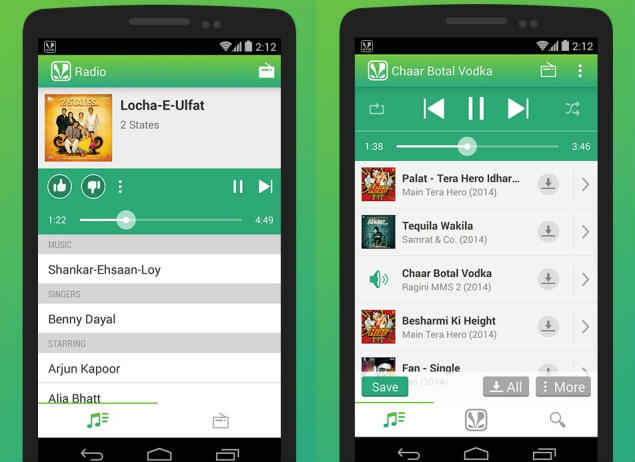
So, to Pirate or not to Pirate?
You don’t need me to tell you that piracy is illegal and, in most cases, hurts the content creators. However, I also know that because of a number of reasons (some of which I’ve mentioned in this story), it’s more convenient to simply pirate. That fact though is changing, and the point of this story is to help open your eyes to a lot of ways you can avoid piracy and still enjoy content easily and without paying through your nose.
To sum up, if you’ve been thinking about going “legal”, this is a great time to do it.
Have I missed out on your favourite service? Think piracy is god’s work & “going legal” is the devil’s? Let me know on Twitter @postwar or @digitindia

